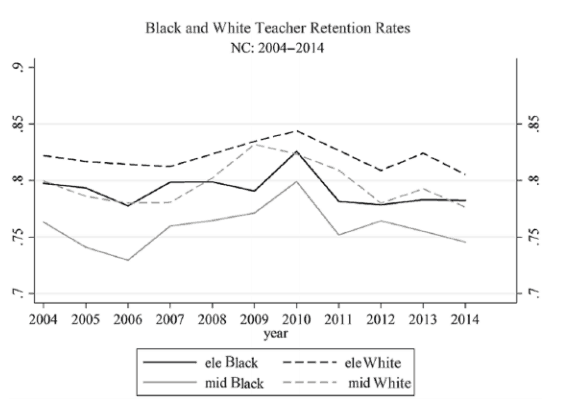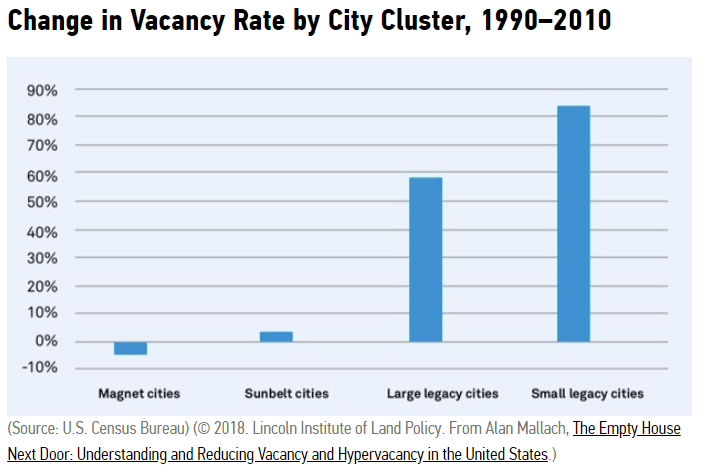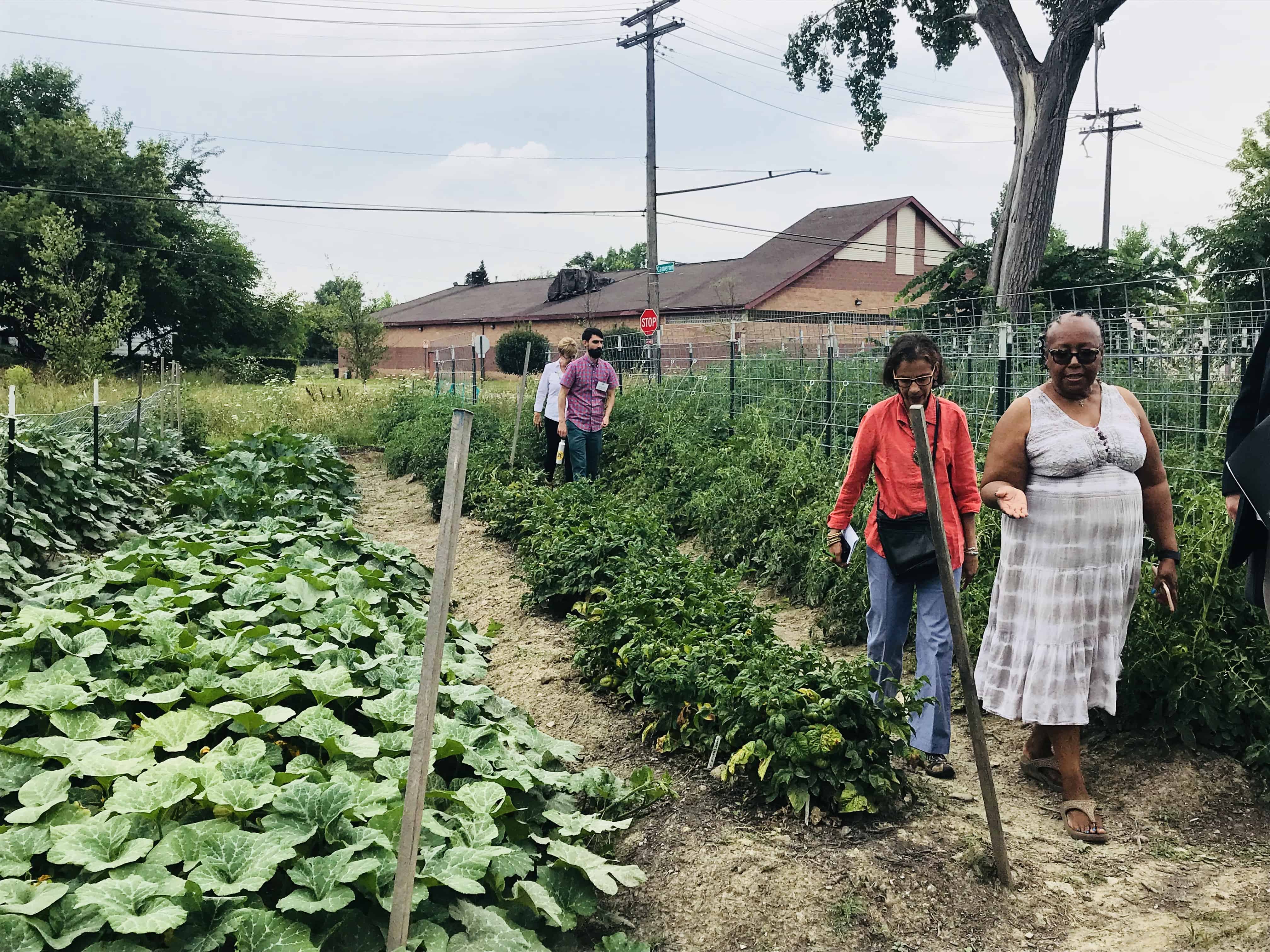Dropping Knowledge
Why do black teachers leave the profession at higher rates than white teachers? A new study of North Carolina data from 2004 to 2015 suggests an answer — they are more likely to work in challenging schools with weaker leadership and professional development.
The report states, “Black teachers tended to work in hard-to-staff schools that serve a larger proportion of students of color or underperforming students, have poorer school supports, and are in lower [socioeconomic] communities.”
The study found a gap of about four percentage points in turnover for black and white teachers in North Carolina. However, once the researcher controlled for school type and other factors that might predict turnover, this gap disappeared. In fact, black teachers were slightly more likely than white teachers to stay in schools with more black students.

Food for Thought
If you read the Weekly Insight, you’ll see that some of our staff went to the GRA conference in Detroit earlier this week. While we had the chance to see a revitalizing downtown, we also saw blocks and blocks of vacant lots and abandoned houses just a few minutes outside downtown.
A CityLab article published this week outlines the increase in vacancy rates in legacy cities, including Detroit, compared with Sunbelt (Atlanta, Dallas, etc.) and magnet cities (San Francisco, Boston, etc.)

A Brookings article, “Addiction by design: Place, isolation, and deaths of despair,” looks at the impact of distressed communities on residents’ health. The author argues that the physical environment, such as abandoned storefronts and vacant lots, can contribute to residents’ mental health and a feeling of despair.
In Detroit, residents are turning to urban farming as a way to use vacant land and provide jobs and healthy food to the communities. We had the chance to visit two urban farms, and after getting back, I read another CityLab article about the mental health benefits of turning these vacant lots into green spaces.
The article explores the results of a new study where researchers found, “In neighborhoods below the poverty line, greening interventions decreased residents’ feelings of depression by more than 68 percent.” Those findings speak to the benefits of urban farms like Recovery Park and Oakland Avenue Urban Farm, the two farms we visited in Detroit.
What we're reading
Three N.C. Counties Named ‘Bright Spots’ of Health in Appalachia
Contrary to the stereotypes of troubled mountain communities, several western counties have good health outcomes, in part because of strong community ties.... Read the rest-
Broadband grants may spark better access, but hurdles remain
-
Can Teaching Kids to Cook Make Them Healthier Later in Life?
-
Just in Time for Whom? On-demand education needs to focus more on lower-skilled workers.
-
The age of cyberwar is here. We can't keep citizens out of the debate
-
With Nearly 8 Million Students Chronically Absent From School Each Year, 36 States Set Out to Tackle the Problem in New Federal Education Plans. Will It Make a Difference?
-
Partnership to Focus on Boosting Shellfish




